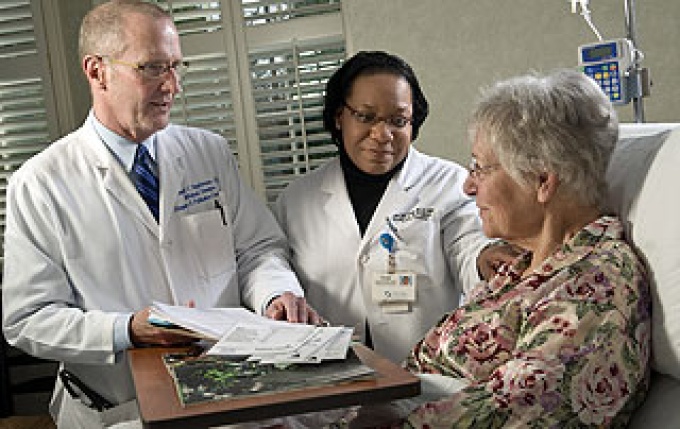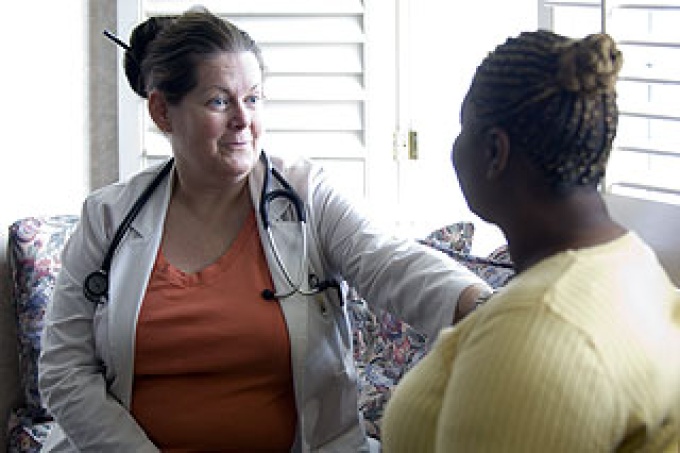
What to do if your loved one is depressed
Depression in older adults is very common. It is also very treatable. If you suspect depression,…

When Depression Goes Untreated
As Bette Davis said, "Old age is no place for sissies." Aging often brings loss and change. Usually…

Coping with another person's pain
When your family member is in pain, you are suffering too. The "mirror neurons" in our brains are…

Is your loved one depressed?
We all get the blues now and then. But depression is different. It is more than a passing mood…